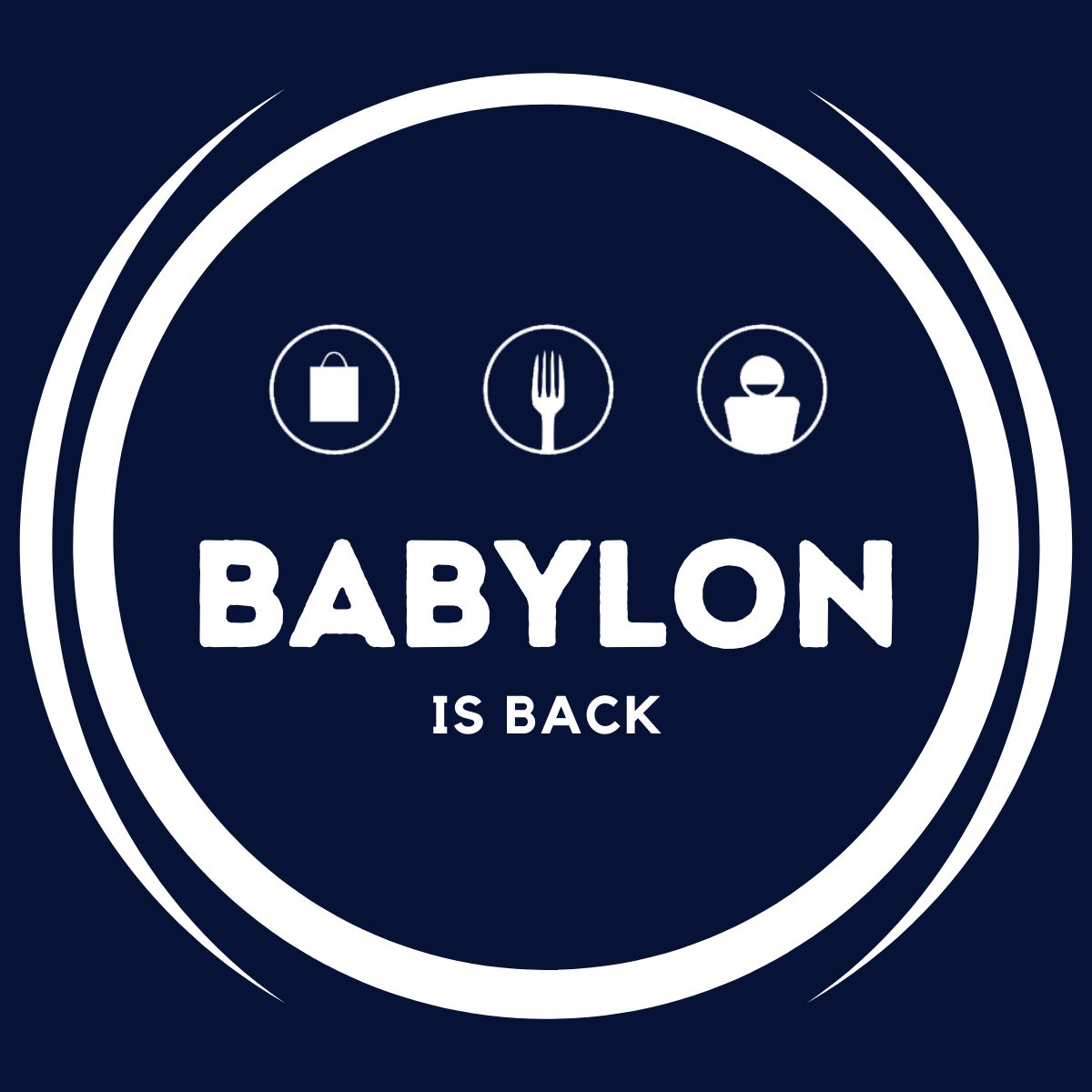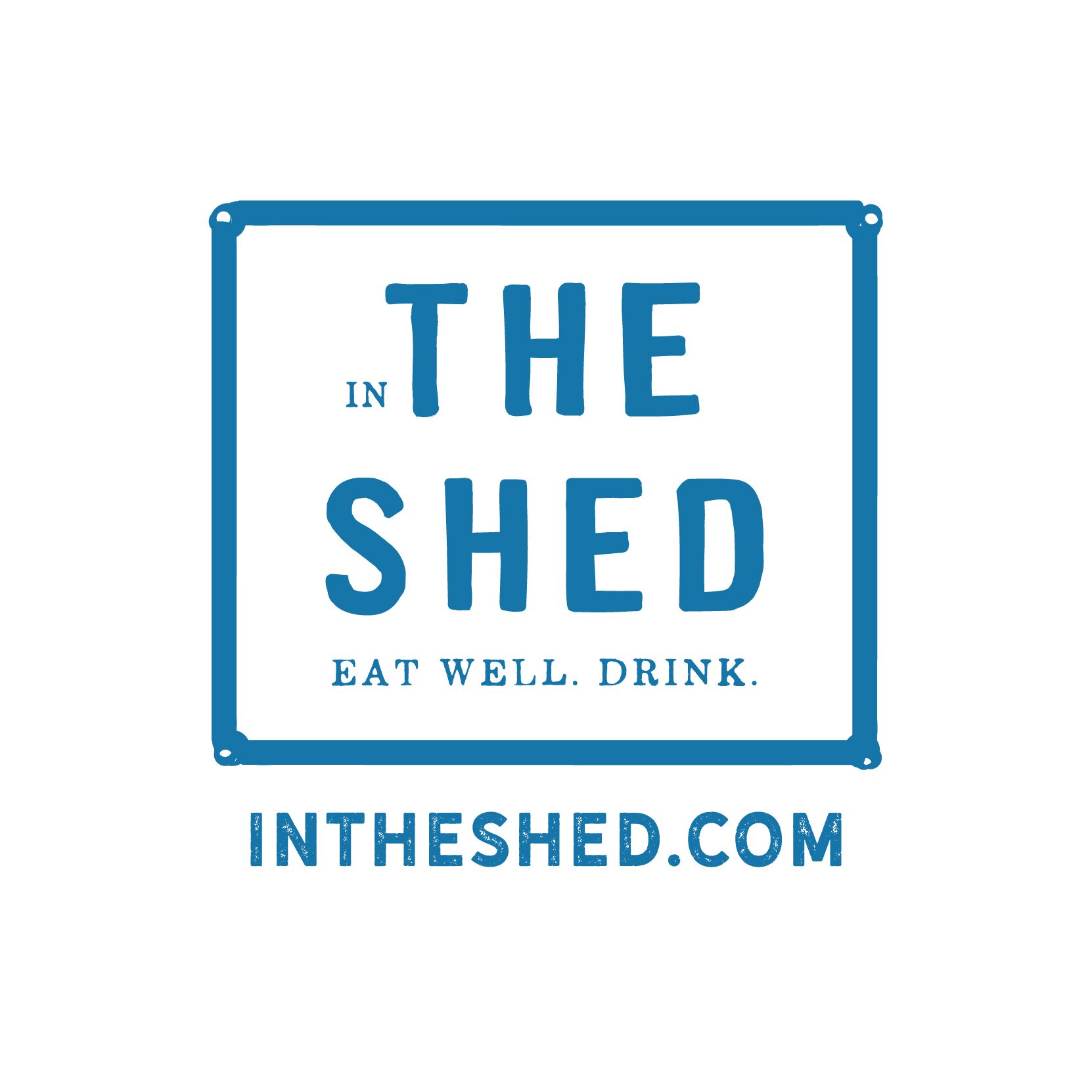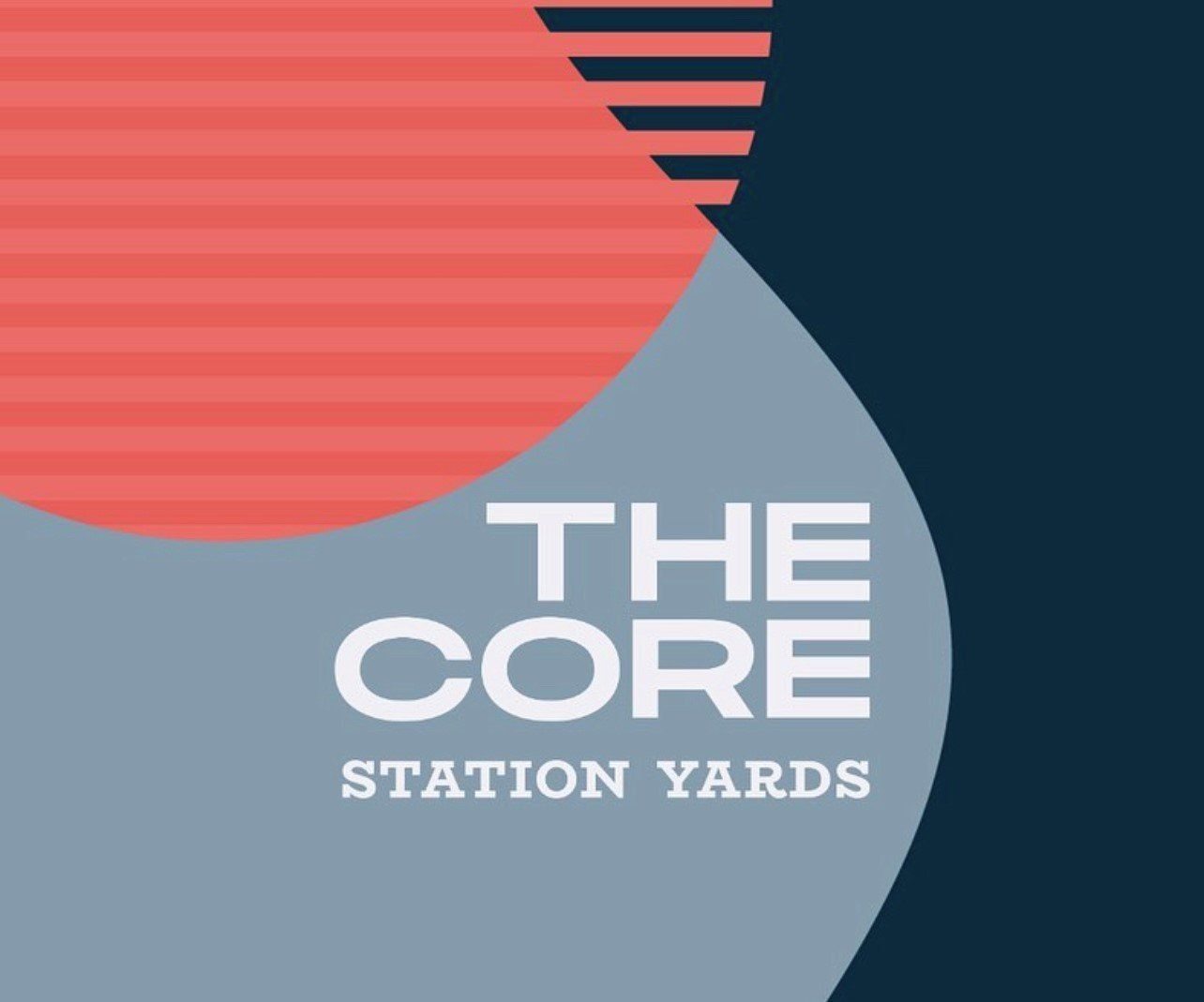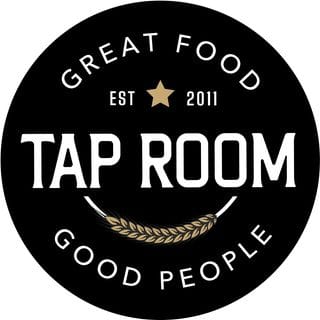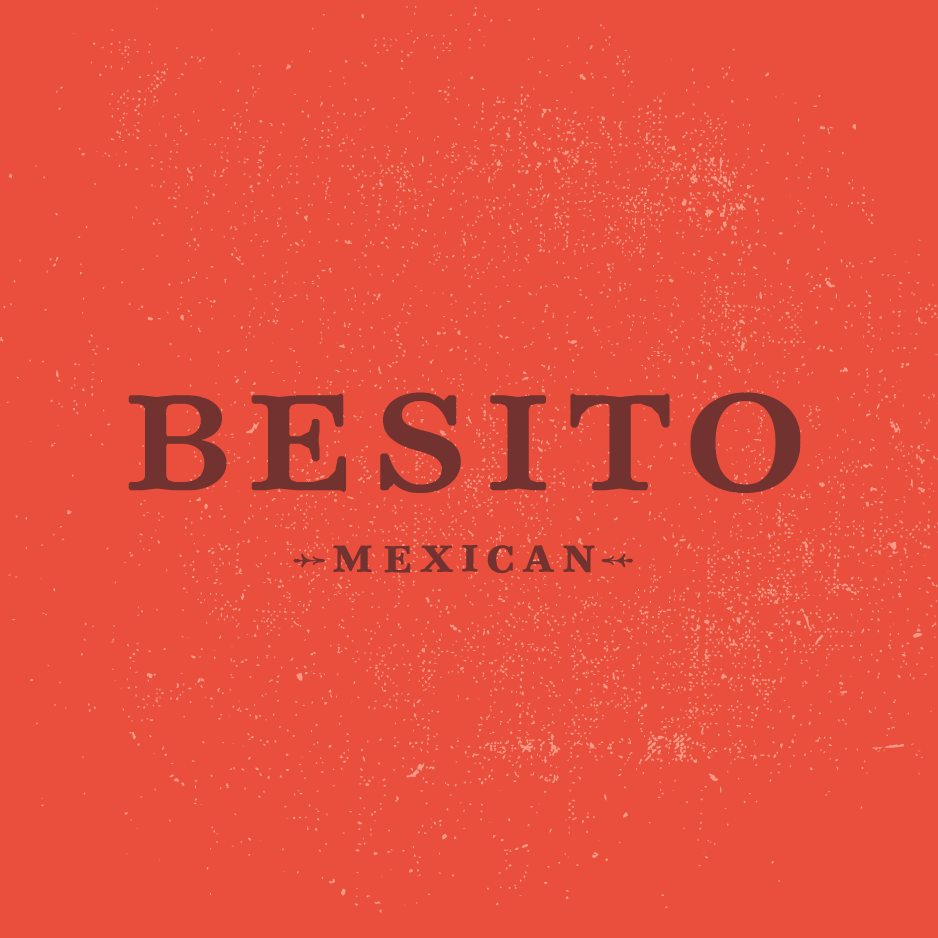So I’ve been hearing this a lot lately.
Their son, daughter, or friend decided to ‘go vegan’ recently and now they’r not feeling so hot. They’re cranky, foggy and exhausted. Although am a meat eater, I believe strongly in a plant based lifestyle and have many friends that have been successful and thriving vegans or vegetarians for years and years.
The problems arise when someone decides that they wish to go plant-based and don’t take the time to do a little bit of research or consult with someone that knows what the heck to do to stay healthy and vibrant.
They’re more ‘carb-etarian’ or ‘junk-etarian’ than vegetarian, and could be getting seriously depleted.
Limiting your intake to cereal, pasta, bagels, salad and the occasional fruit smoothie can leave you deficient in calcium, potassium, magnesium, Vitamins A, C, D, B12 & K and zinc.
Because you’re also not eating meat, now you’re limiting Iron and protein and other important micronutrients.
The decision to limit or eliminate consumption of animal products is an important one and can be really personal. Whether you’re switching to a more plant based kitchen for health reasons or an entirely vegan lifestyle to more reflect your ethics, eating a wide variety of foods fruits, vegetables, nuts, seeds and grains is crucial to your long term health and wellbeing.
An entirely plant based diet can be done well. There are some excellent resources out there and I encourage you to reach out and ask for help before you discourage your young person from exploring their inner herbivore.
In the meantime, here’s a cheat sheet:
Important sources of Iron:
(Tip: eating foods high in Vitamin C will help your body to absorb the iron better)
Blackstrap Molasses
Dark green leafy’s [spinach, romaine lettuce, dandelion greens, collards, Bok Choy, leeks, watercress and kale.]
Broccoli
string beans, chick peas
Sea vegetables like nori, wake and dulse
Dried fruit [ apricots, raisins, figs, dates, prunes and pears]
Pumpkin seeds
Fresh berries [ cherries, blackberries, blueberries raspberries ]
watermelon
Legumes (lentils, green peas, lima beans)
Whole grains like quinoa and brown rice
Dark juices like black cherry juice & purple grape Juice
Garbanzo beans (chick peas)
Spirulina, chlorella
Note: Teenaged girls need to be particularly aware that they are getting enough dietary iron because some iron is always lost during menstruation.
Calcium:
Milk and yogurt may seem like obvious choices for calcium, but if you’re not consuming dairy they’re just not going to be an option.
You can look to fortified beverages like soy milk, almond milk and orange juice. You may be surprised to know that green leafy vegetables like spinach, kale, mustard greens, boo choy and broccoli (I know, not leafy). Flax seed and almonds. Blackstrap molasses, edamame, blackberries, walnuts and tofu all have calcium.
You don’t need the milk.
Vitamin D:
Also known as the sunshine vitamin, we create our own vitamin D as a response to the skin being exposed to sunlight. Since there isn’t a whole lot of sunbathing going on this winter, supplementing with D3 or increasing consumption of oily fish like tuna, sardines, milk or yogurt, egg yolks and other fortified foods. Make a point of getting yourself outside in the sunlight and exposing as much of your skin as you comfortably can this winter.
Protein:
One of the biggest myths about vegetarians is that it’s difficult to get enough protein.
This, really, could not be farther from the truth, but if you’re limiting your foods too much you’re going to end up with all kinds of trouble. To make sure they’re fueling their cells properly, these young vegetarians must get sufficient protein.
Fortunately there are plenty of good, clean sources of vegetarian protein:
Lentils, peas, tofu, spinach, broccoli, asparagus, black beans, quinoa, artichokes, hemp seeds, oatmeal, pumpkin seeds, chis seeds, tempeh, hemp hearts, hemp milk, edamame, almonds, spirulina, tahini, nutritional yeast, chickpeas, peanut butter. You get it!
Basically, a healthy, happy vegetarian kid is possible. Your dinner plate may not look like“typical,” with a piece of meat, a vegetable and starch but as long as a wide variety of whole, real foods — including vegetables, seeds, nuts, and grains – are made available we can have harmony at the dinner table. Even in a family of carnivores!
Want to try the recipe that changed everything I thought I knew about vegetarian food?
SaraFish over at food.com posted this thing called Really Good Vegetarian Meatloaf (Really) a long, long time ago.
Seriously, this thing was a real game changer in our household. Go give it a try.
Below are some more resources recommended by my brilliant friend Sunny Gandara — a vegan chef, health coach, food snob, wine geek and all around brilliant person:
https://www.christinacooks.com/recipes
Lastly, the Physicians Committee for Responsible Medicine is another great group to look into!
photo illustration by Bernadette Smith
Bernadette Smith is an organic gardener, life-long tree hugger and certified Integrative Nutrition Health Coach living in Patchogue, N.Y. She offers free 30-minute Health Discovery Sessions and can reached through Facebook or by emailing [email protected].











